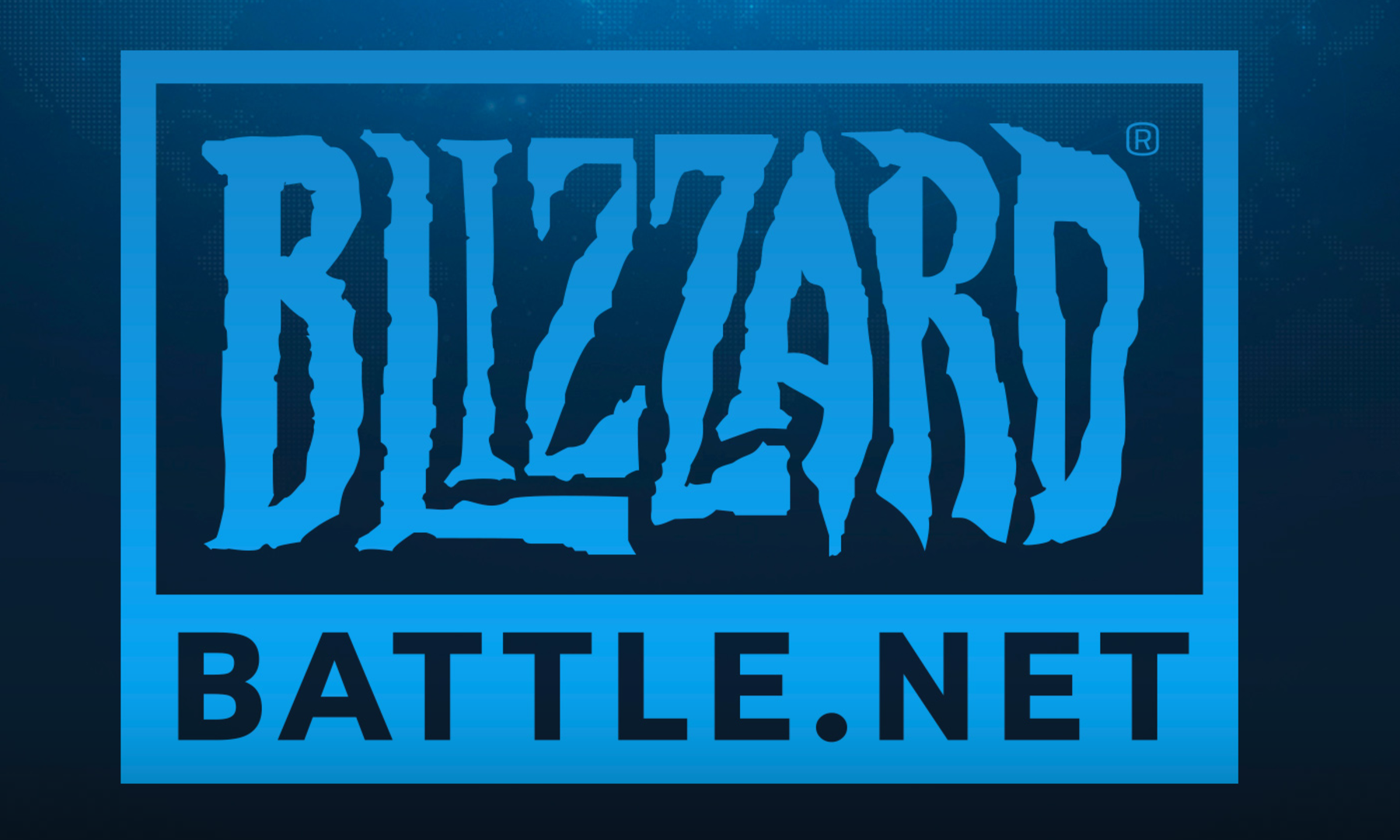By: Cesare P. DeLuca
The potential expansion of Major League Baseball (“MLB”) under Commissioner Rob Manfred’s tenure introduces a complex web of legal, economic, and cultural considerations, particularly in light of MLB’s unique antitrust exemption. This exemption, established by the Supreme Court in Federal Baseball Club v. National League (1922), has shielded MLB from certain antitrust laws that apply to other professional sports leagues, affecting everything from player movement to team relocation and expansion processes.[1] Manfred’s discussions about expansion, notably his intention to choose two new cities for MLB teams before his retirement in January 2029, underscore the significance of this moment for the sport.[2] With cities like Nashville, Tennessee, and Salt Lake City, Utah, emerging as front-runners, the decision could profoundly impact MLB’s structure, market dynamics, and the sport’s cultural diversity.[3] Nashville’s potential as an expansion city is particularly noteworthy due to its significant African American demographic, which could enrich MLB’s diversity and tap into a rich baseball history linked to the Negro Leagues.[4]
Nashville’s candidacy for an MLB team is enhanced by its cultural and economic landscape, including a vibrant music scene and a growing corporate infrastructure. The city’s connection to baseball history, through the Nashville Stars of the Negro Leagues, adds a rich historical dimension to its bid.[5] The potential for MLB expansion to Nashville not only speaks to the city’s readiness but also to the league’s broader goals of diversifying its team locations and embracing markets that reflect America’s changing demographics.[6] The process of selecting new cities for MLB expansion involves various stakeholders, including team owners, city officials, and the players’ association.[7] It requires careful consideration of market size, stadium plans, and financial arrangements, such as expansion fees and revenue-sharing agreements.[8] Although the antitrust exemption plays a critical role here, as it allows MLB to coordinate these efforts in a way that might be more legally challenging for other leagues, it emphasizes the unique position MLB holds in the American sports landscape.[9]
The legal implications of MLB’s expansion are intricately tied to its antitrust exemption. Unlike other sports leagues, MLB operates under a legal shield that grants it considerable leeway in managing its affairs, including expansion.[10] This exemption allows MLB to conduct activities that might otherwise be scrutinized under antitrust laws, such as controlling team locations, negotiating broadcast rights, and setting league-wide policies on player trades and salary caps.[11] However, this exemption also places MLB in a unique position regarding how it navigates expansion, as it must balance legal privileges with public and political pressures, especially concerning market competition and team distribution.[12] The cases of Federal Baseball Club v. National League, which established MLB’s antitrust exemption, and subsequent rulings like Toolson v. New York Yankees, Inc. (1953) and Flood v. Kuhn (1972), have affirmed and maintained this exemption, emphasizing its historical and legal precedent.[13] These decisions have shaped the landscape within which MLB operates, allowing the league a certain degree of autonomy in its decision-making processes.[14]
In conclusion, the potential expansion of MLB into cities like Nashville offers an opportunity to reflect on the league’s unique legal status and its implications for the sport’s future. The antitrust exemption, while providing MLB with a certain level of protection and autonomy, also underscores the responsibilities the league has in fostering a competitive, diverse, and inclusive environment. As MLB contemplates its next steps, the balance between leveraging its legal privileges and promoting the growth and diversity of baseball remains a pivotal consideration.
[1] Federal Baseball Club v. National League, 259 U.S. 200 (1922).
[2] Jeff Passan, MLB Expansion: History, Teams, Potential Cities and Hurdles, ESPN (Feb. 20, 2024, 7:00 AM ET), https://www.espn.com/ [https://perma.cc/7UZV-MSFK].
[3] Id.
[4] Nashville Stars, MLB Music City, https://www.mlbmusiccity.com [https://perma.cc/MXM8-74JJ].
[5] Id.
[6] Joe Trezza, ‘Impacting a Generation’: DREAM Series Creates Opportunities for Black Youth, MLB (Jan. 11, 2024), https://www.mlb.com/ [https://perma.cc/L2U3-29DP].
[7] Maury Brown, How MLB Relocation And Expansion Would Play Out, Forbes (Jan. 7, 2019, 10:00 AM EST), https://www.forbes.com/ [https://perma.cc/C32H-ABGV].
[8] Id.
[9] Curt Flood Act of 1998, Pub. L. No. 105-297, 112 Stat. 2824 (1998).
[10] Karen M. Lent, The Current State of Major League Baseball’s Antitrust Exemption, Reuters (July 20, 2023, 7:43 AM MST), https://www.reuters.com/ [https://perma.cc/R3QF-R5KJ].
[11] Id.
[12] Sources: MLB Expansion ‘Not Imminent,’ Unlikely Until Early 2030s, Sports Business Journal (Feb. 21, 2024), https://www.sportsbusinessjournal.com/ [https://perma.cc/NC46-D2KQ].
[13] See Toolson v. New York Yankees, Inc., 346 U.S. 356 (1953); see also Flood v. Kuhn, 407 U.S. 258 (1972).
[14] See supra note 11.




